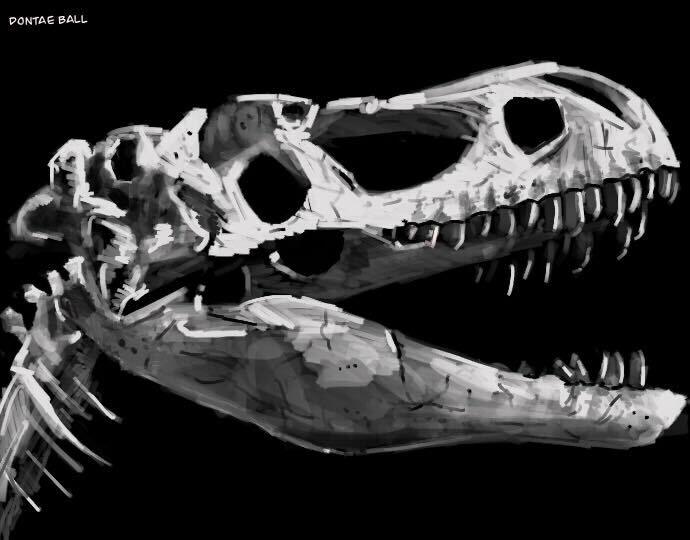Upon reading the title, I know you have probably already decided that I am a conspiracy-driven, theorizing dinosaur nerd with way too much time on her hands. Only part of that is true. I love dinosaurs, who could disagree? I also love a good dragon-slaying, which could be disagreed with, depending on your personal definition of animal cruelty. I would like to propose that our scaly predecessors may have more in common with dragons than you might want to think.
A dragon, according to the Oxford Dictionary, is “a mythical monster, represented as a huge and terrible reptile, usually combining ophidian and crocodilian structure, with strong claws, like a beast or bird of prey, and a scaly skin; it is generally represented with wings, and sometimes as breathing out fire. The heraldic dragon combines reptilian and mammalian form with the addition of wings.”
If you were to create a checklist, dragons and dinosaurs are large, reptilian and scaly, and some even have wings. One specific type of dinosaur fits the definition of “dragons”: Pterodactyls. The majority of Pterodactyl skeletons have been found in Africa and Europe. Coincidentally (or not?), stories about dragons originated in Europe and China, independently.
The argument could be made that the first people to come across these remains believed they had found the remains of a dragon. If you had no context for the creature and had never seen anything like it, you could be convinced you found something truly terrifying in our world.
Between the location Pterodactyls have been discovered, their physical characteristics and our relatively-limited knowledge of what happened millions of years ago, the difference between the taxonomies is negligible. The only thing stopping dinosaurs from being dragons is semantics.
Categories:
Hot Take: Dragons exist
About the Contributor

Rose Doyle, Staff Writer
Rose Doyle is a sophomore history major. Rose is currently a staff writer for The Reflector.
0
Donate to The Reflector
Your donation will support the student journalists of Mississippi State University. Your contribution will allow us to purchase equipment and cover our annual website hosting costs.
More to Discover







